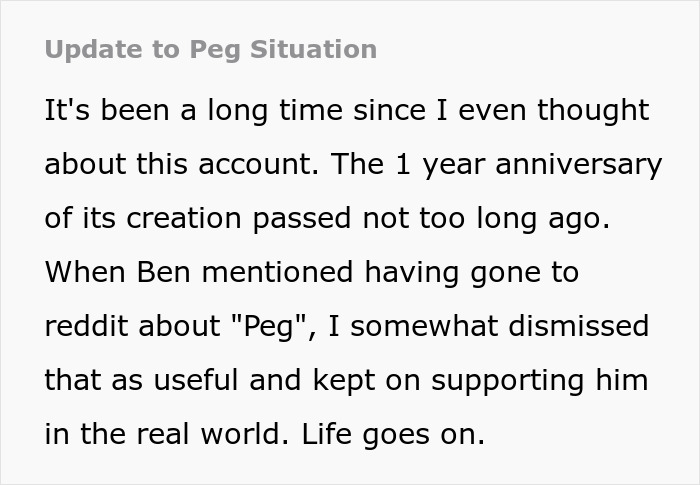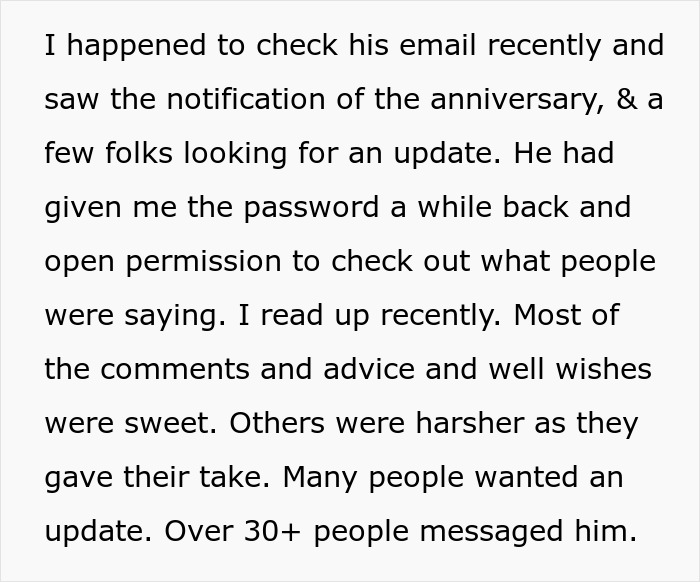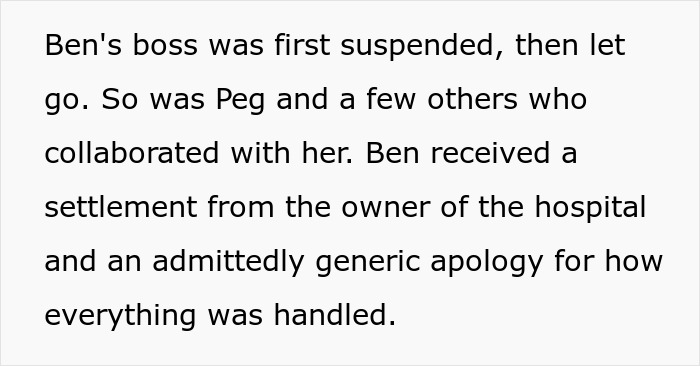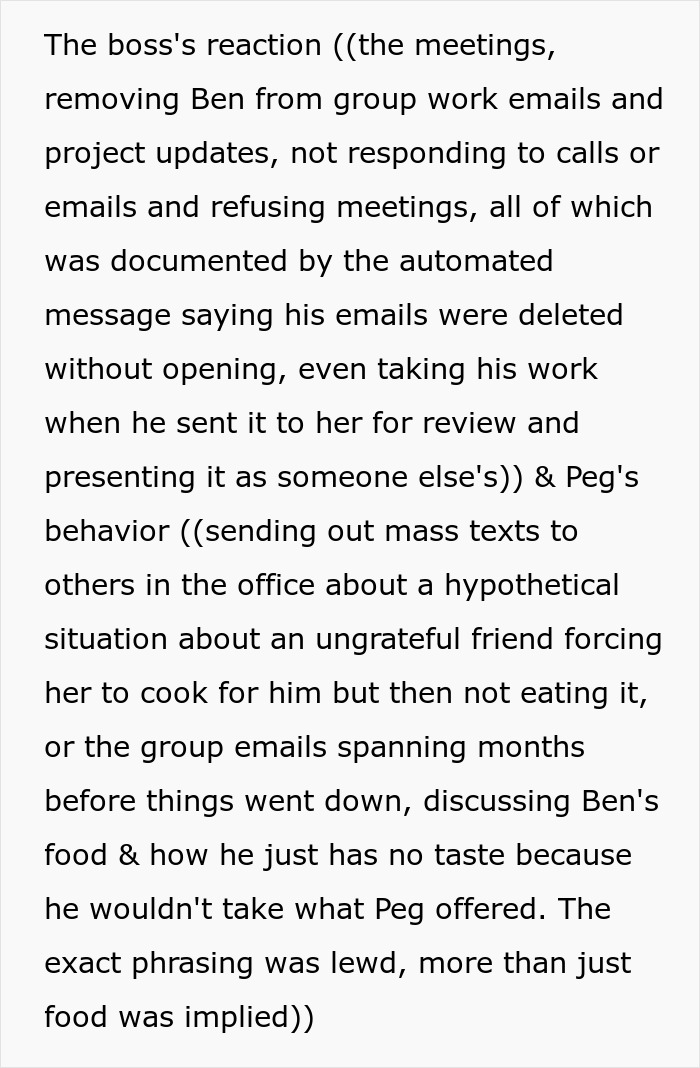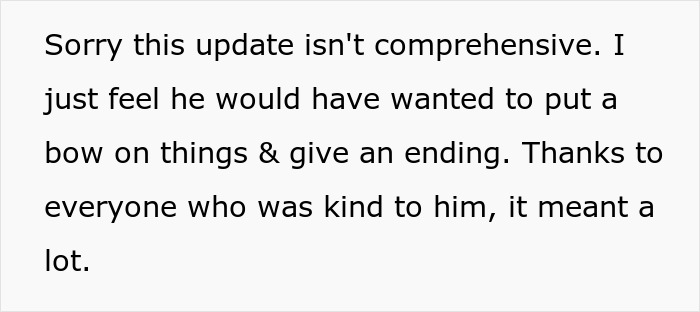You can choose where you work, but not who you work with. So when Reddit user 0587throwaway started having troubles with one of his colleagues, there was only so much that he could do about it.
In a post on the popular subreddit ‘Am I the [Jerk]?‘, the man said he had grown so sick of her trying to feed him that he tried approaching her personally and talking to their boss about it, but neither of these options did much.
So he was considering stepping it up a notch and reporting her to the HR, but was having doubts about whether that would be an unnecessary escalation of an already tense situation.
The way we eat is our personal choice; however, this man’s colleague had a problem with his diet

Image credits: dekddui1405 (not the actual image)
So she went out of her way to change it

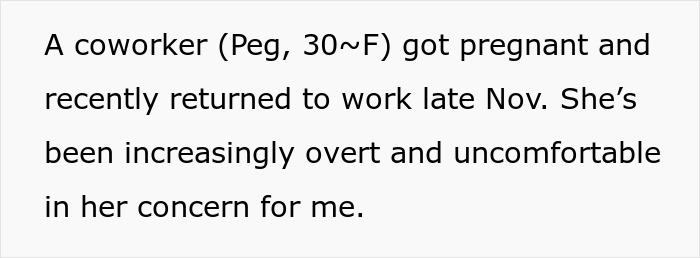


Image credits: Daria Daria (not the actual image)

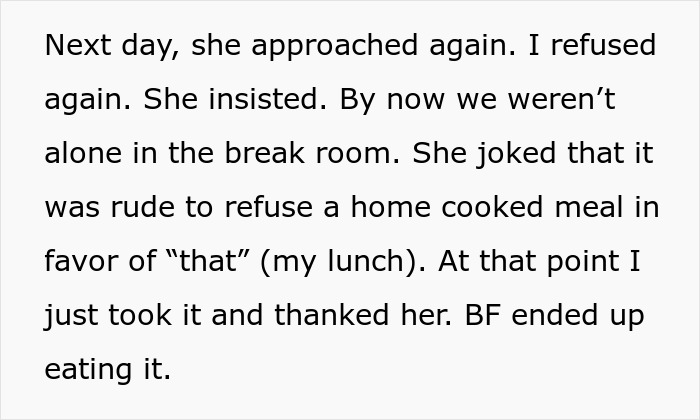
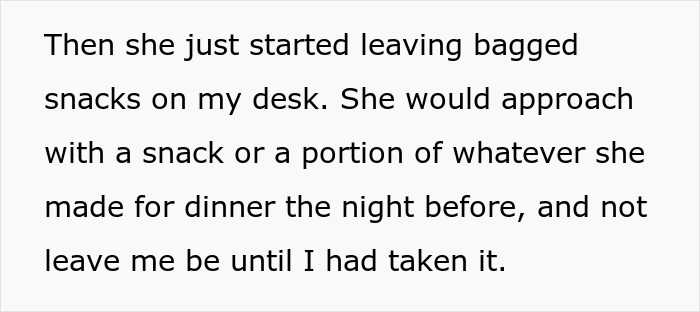
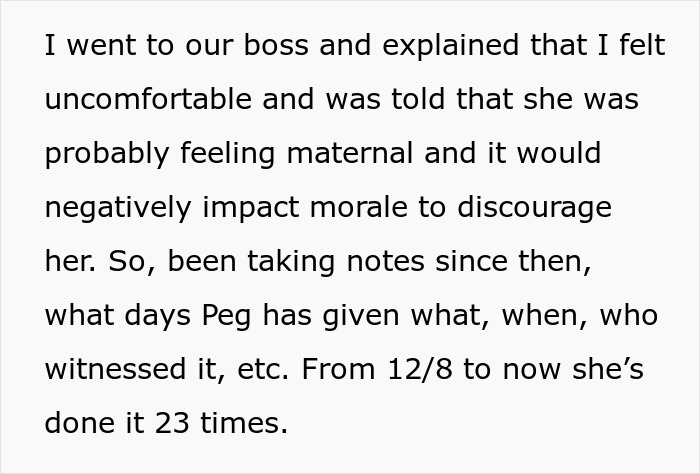


Image credits: RDNE Stock project (not the actual image)


Image credits: 0587throwaway
According to experts, the man could’ve expanded his notes in order to craft a more comprehensive plan for moving forward
Amy Gallo, cohost of the Women at Work podcast, and the author of the book Getting Along: How to Work with Anyone (Even Difficult People), believes that being methodical really helps in such predicaments.
“To avoid drama and stay focused on the work, you need to be clear about your goals,” she wrote in Harvard Business Review. “Do you want to get a project over the finish line? Build a healthy working relationship that will last into the future? Feel less angry or frustrated after your interactions?”
“Make a list of your goals (big and small) and then circle the most important ones. Your intentions will determine—consciously and subconsciously—how you act. For instance, if your goal is to avoid getting stuck in long discussions with a pessimistic colleague, you’ll need to take actions different from those you’d take if your goal was to keep the person’s nay-saying from bringing down the team.”
Once you’ve decided what you want to accomplish, write it down on a piece of paper,” Gallo added. Research has shown that people who vividly describe or picture their goals are 1.2 to 1.4 times as likely to achieve them, and that objectives recorded by hand are more likely to be realized. Refer to your goals before interacting with your colleague to keep your eyes on the prize.”
However, in this particular example, it seems that Peg was determined to carry out her “mission.” What’s also disappointing is that the team leader appeared to be indifferent about the conflict.
Globally, the average time employees spend weekly on resolving disagreements in the workplace is 2.1 hours. In the US, the figure is even higher at 2.8 hours per week. This amounts to around $359 billion paid for infighting rather than productive work.
Not to mention that over half of employees (51%) wanted to quit their job due to workplace conflict at some point in their career, while 41% have followed through with it.

Image credits: Sora Shimazaki (not the actual image)
Most people thought the man has every right to take the issue to the HR
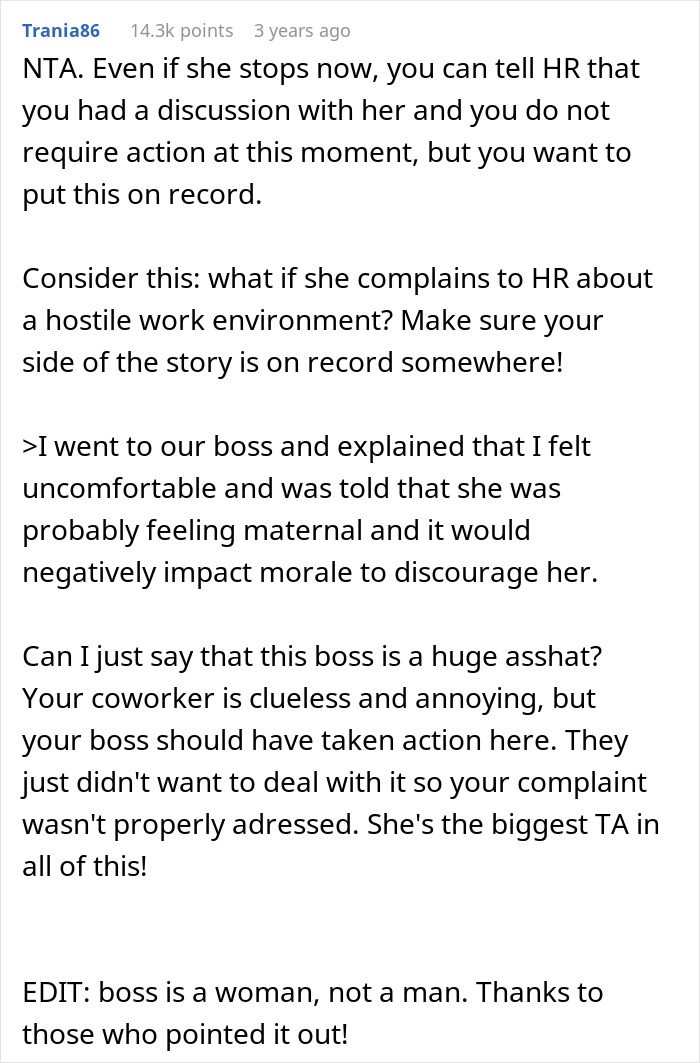

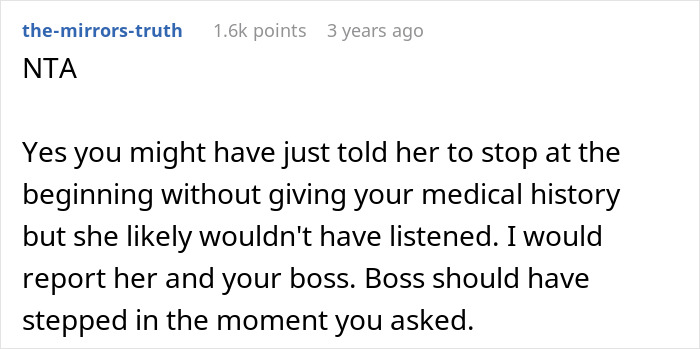
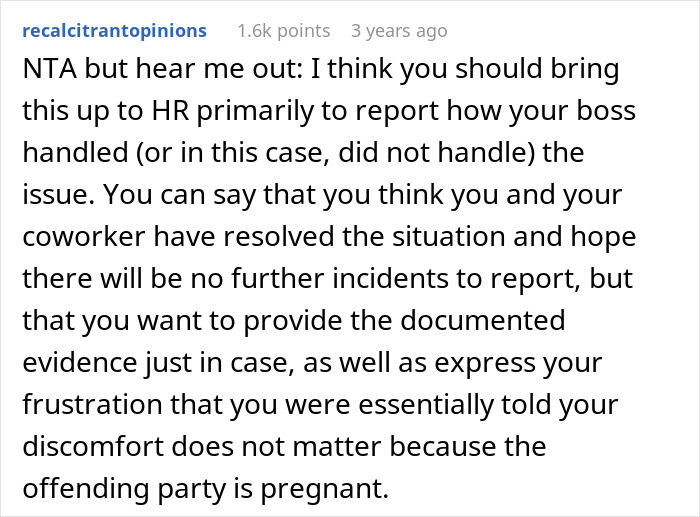
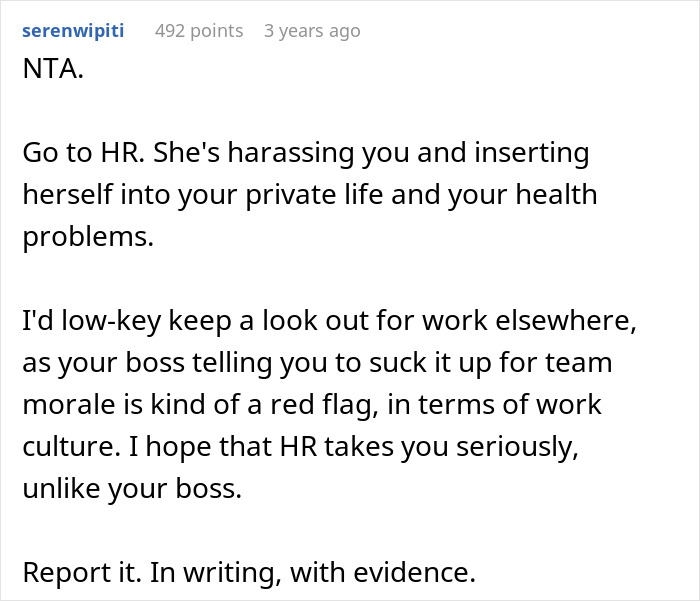

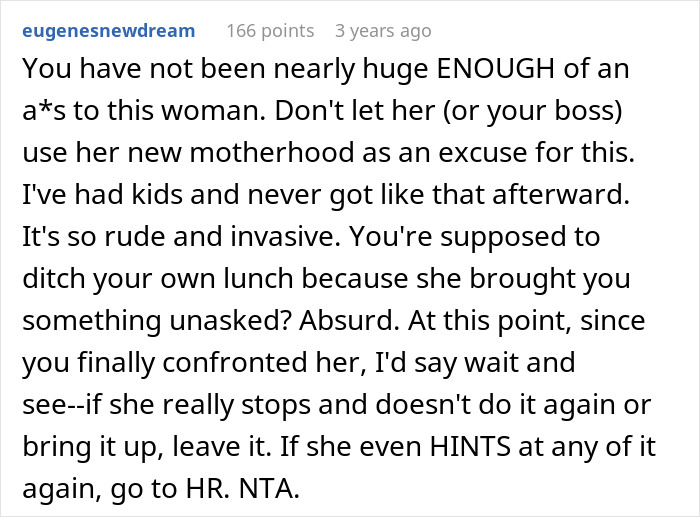
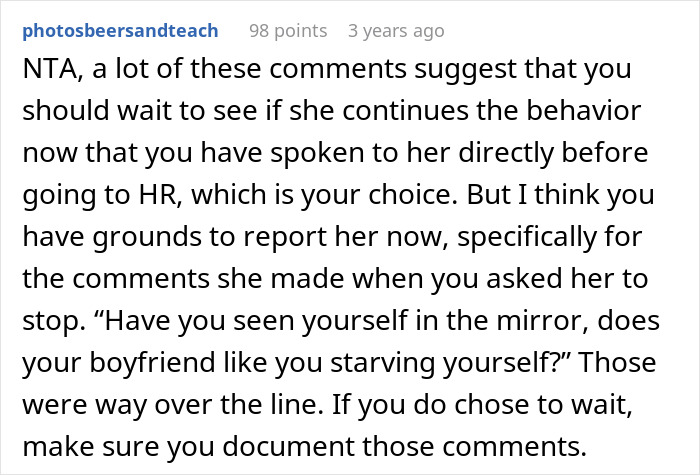
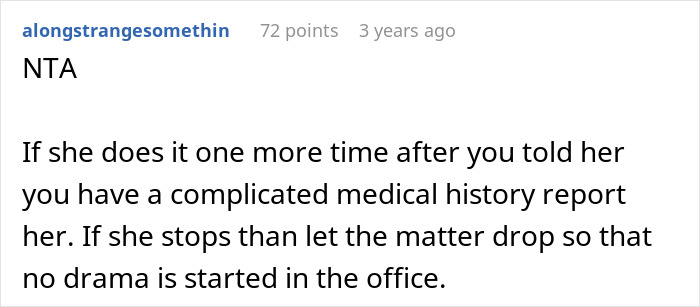
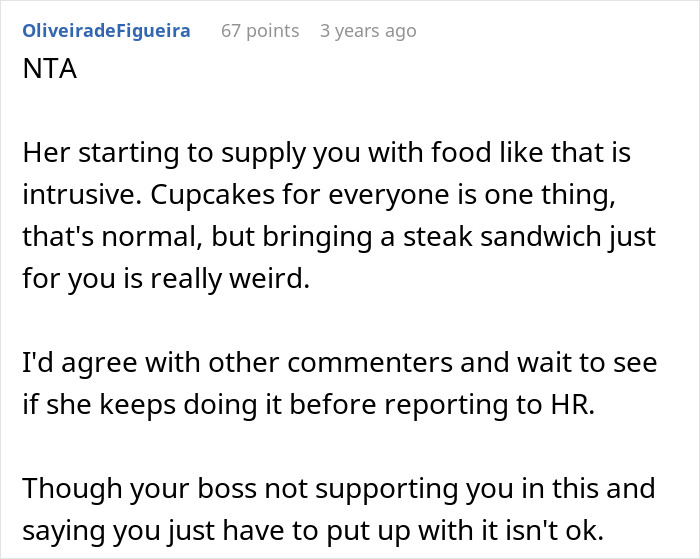

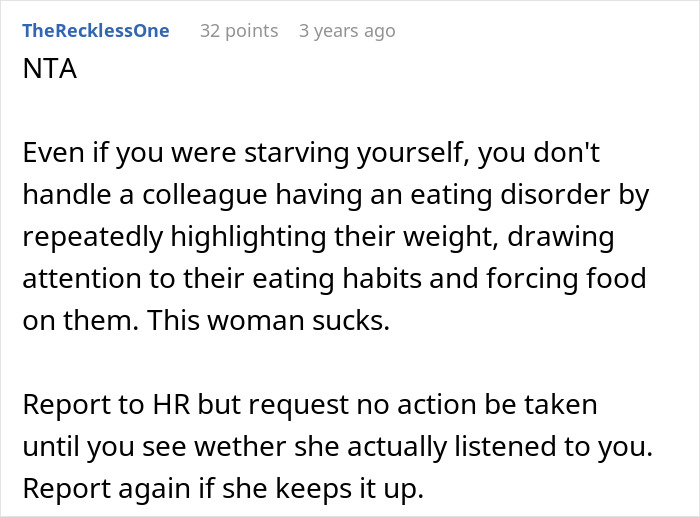
After his story went viral, its author addressed some of the comments
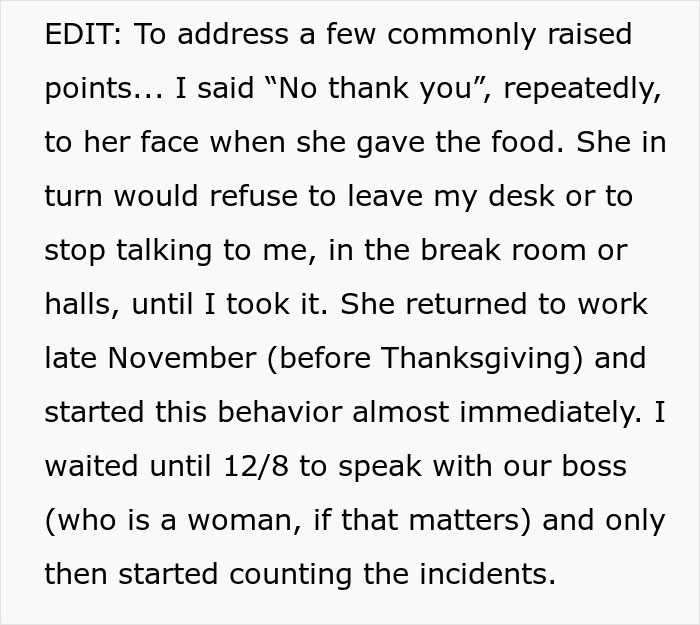

Ultimately, he did the report his colleague
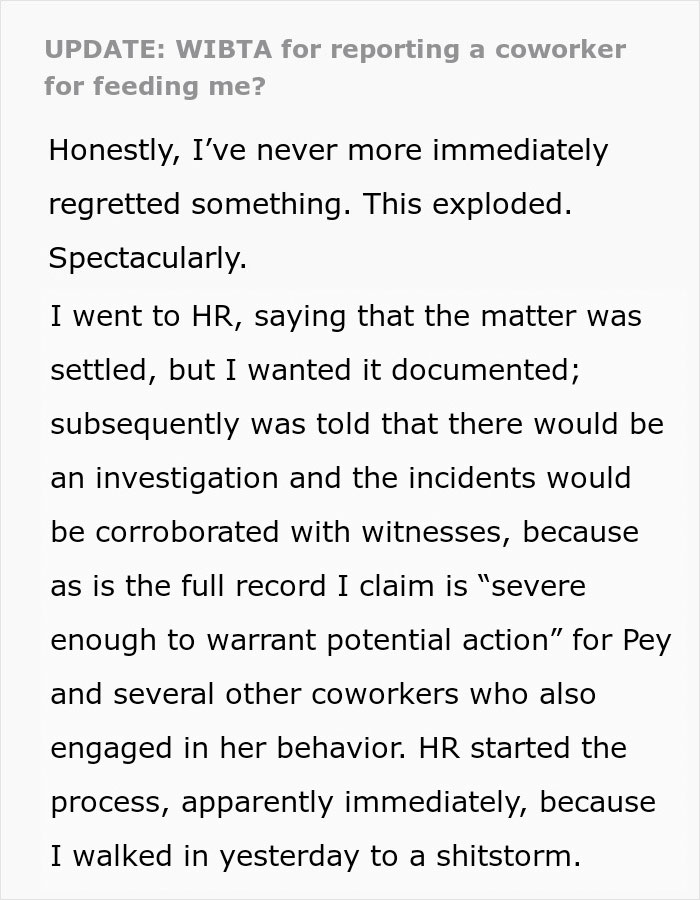
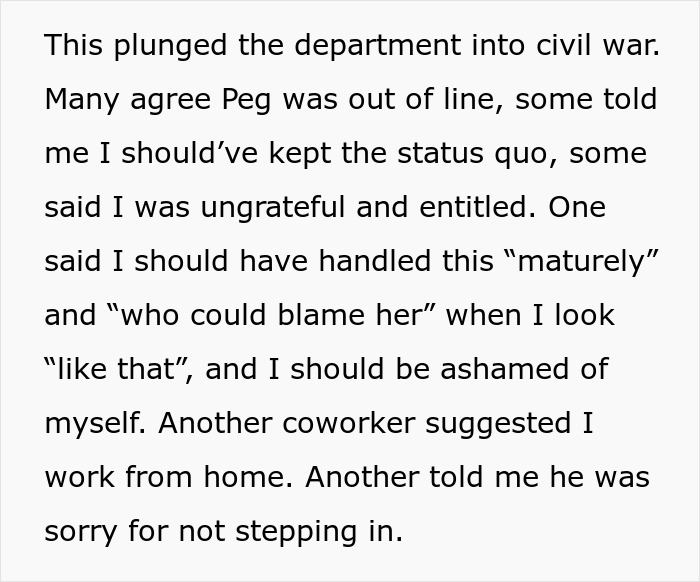
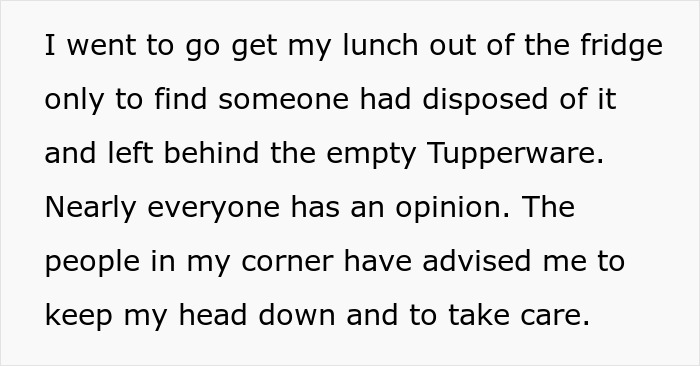
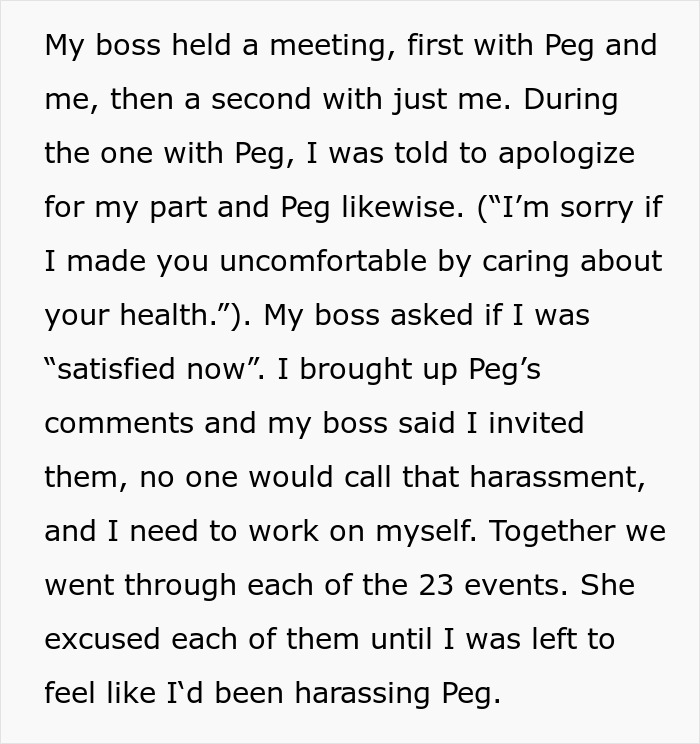
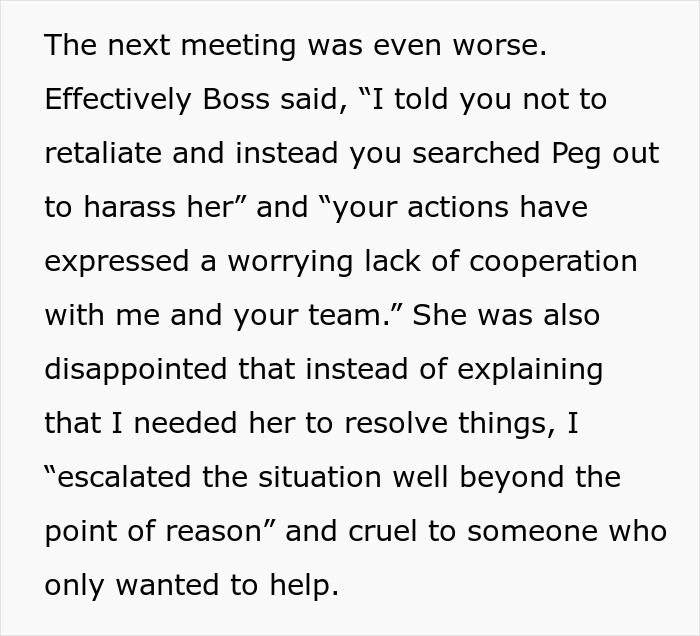
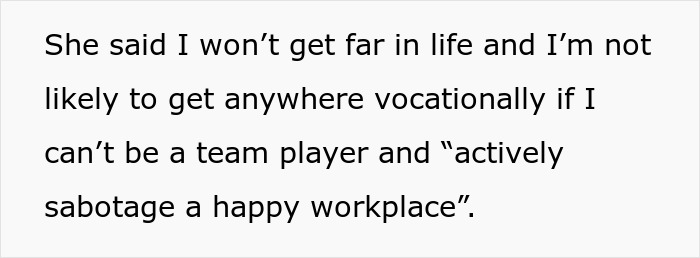
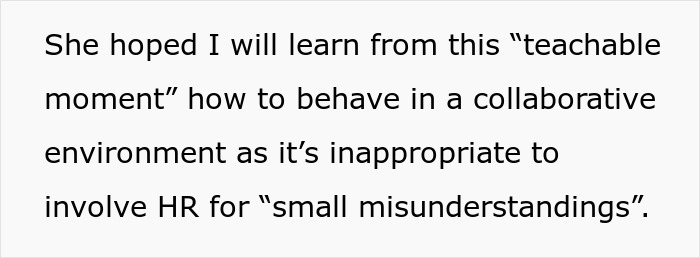
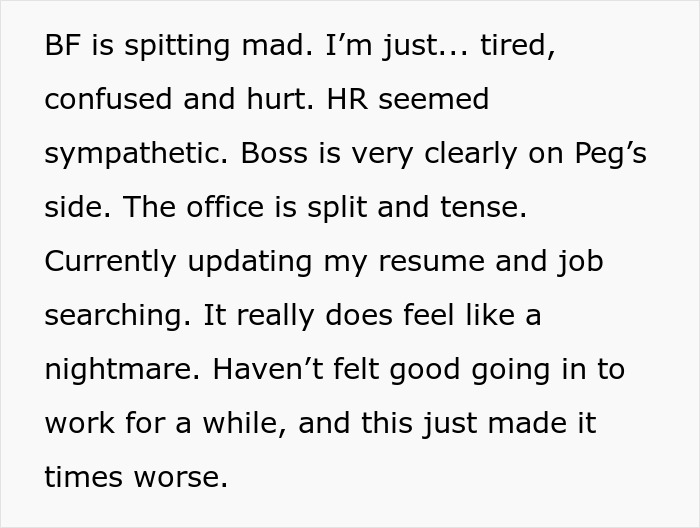
A year later, his husband shared the last update on the situation
